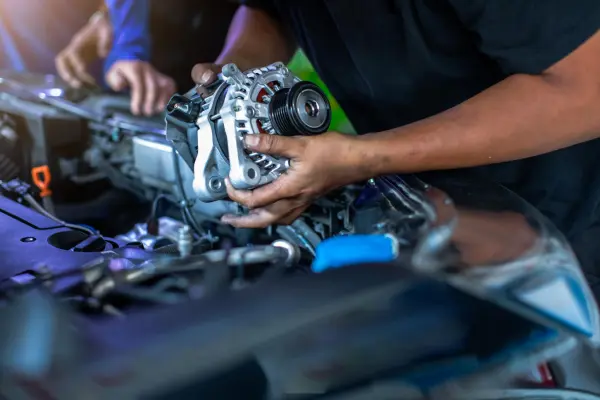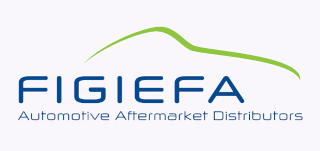Parliament Vote Paves Way for Fair, Circular Automotive Economy, FIGIEFA Welcomes

The European Parliament’s joint IMCO & ENVI Committees voted on the 7th of July their report on the new circularity and end-of-life requirements for vehicles (2023/0284 COD) under the steering of co-rapporteurs Jens Gieseke (EPP/DE) and Paulius Saudargas (EPP/LT). A plenary vote will follow on 8-11 September. FIGIEFA strongly welcomes this report for its crucial contribution to an open and competitive automotive ecosystem, setting clear rights and responsibilities to vehicle manufacturers and independent operators, thus preserving a fair level-playing field. FIGIEFA calls on the Council and the Commission to support the Parliament amendments made ahead of the Trilogue negotiations.
Known as the End-of-Life Vehicles (ELV) Regulation, the new circularity requirements for vehicles aim to improve the rules on automotive design, collection, treatment and recycling in view of reducing waste and improving the environmental impacts of vehicles throughout their life cycle. However, it can only fulfil its objectives if clear rules and fair competition between vehicle manufacturers and independent operators are preserved. This is crucial to ensure efficient and competitive services in the markets of collection and treatment of ELVs and automotive spare parts.
The European Parliament’s Joint Committee Report substantially improves the European Commission’s proposal, introducing practical enhancements and much-needed clarity. Notably, it provides a more precise definition of repair and maintenance operators, aligning it with the definition already established in the Type Approval Regulation, thus encompassing all operators along the value chain. It also offers a clearer definition of remanufacturing under Article 3, helping to secure the position of remanufactured parts and services within a circular economy.
Furthermore, the report strengthens design requirements for vehicles under Article 7, ensuring that vehicles are developed to facilitate reusing, replacing, remanufacturing, and refurbishing automotive components. These design improvements are accompanied by provisions under Article 11 and Annex V to secure the necessary access to technical information for independent operators. Finally, the report introduces improved criteria under Annex I for determining when a vehicle is technically irreparable. This will ensure that vehicles are not prematurely declared as end-of-life when repair techniques exist in the market, helping to avoid unnecessary waste and environmental impact.
FIGIEFA welcomes these amendments and calls for their swift adoption by the European Parliament’s plenary on 8-11 September. Ahead of the interinstitutional Trilogue negotiations expected in September 2025, we call on the negotiators from the European Parliament, the Council of the EU and the European Commission to support the European Parliament’s position on Articles 3, 7 and 11 and Annex I and V which are indispensable to enable open markets in reusing, replacing, remanufacturing and refurbishment of automotive parts and components – in other words, to make the automotive sector truly circular.
